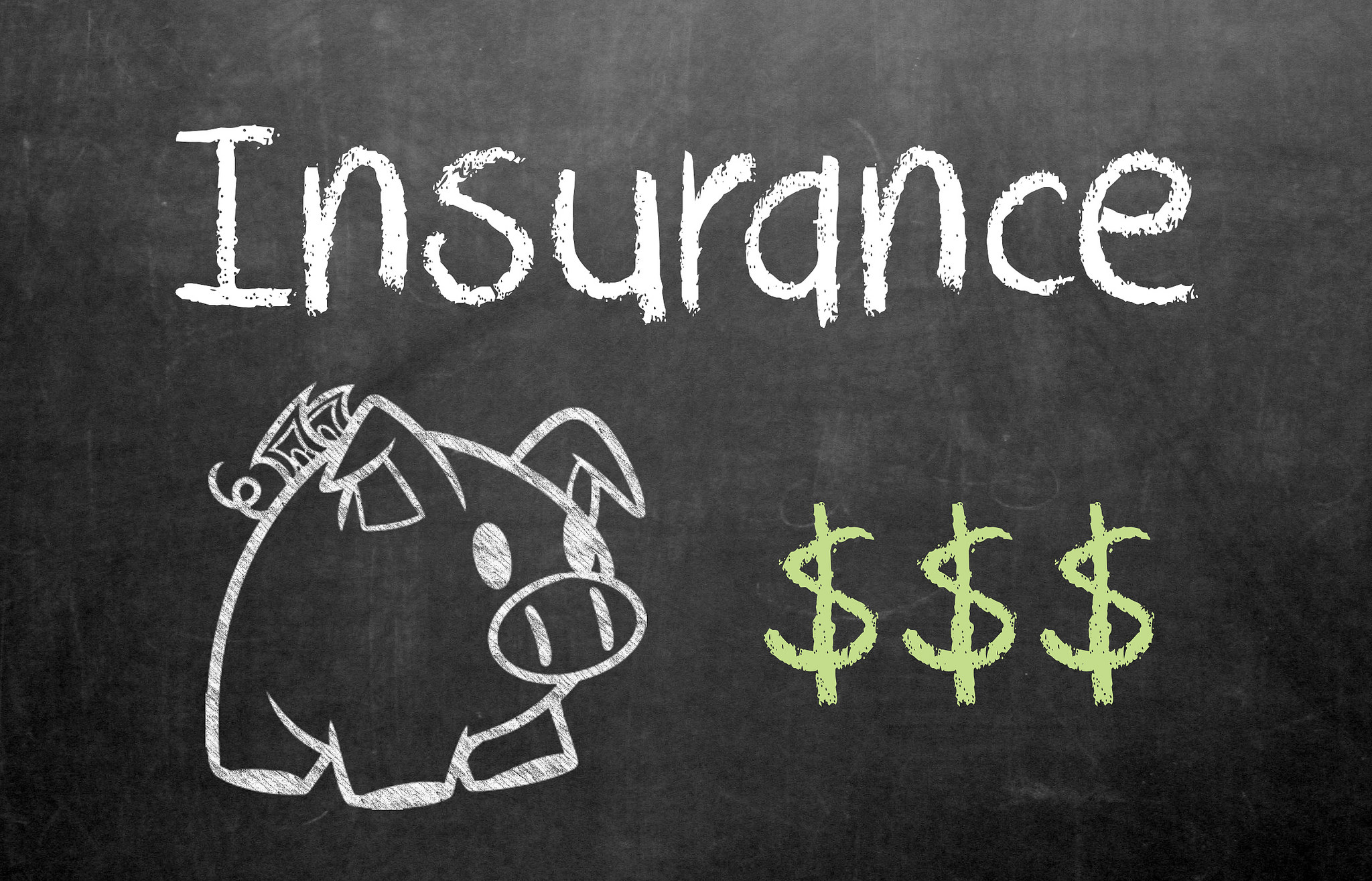“PIP” stands for Personal Injury Protection. This is the portion of automobile insurance that covers your medical coverage. If you or other persons covered under your policy are injured in a motor vehicle collision, PIP (under your own insurance policy) is required to pay for your medical treatment. This is part of the “No-Fault” law in New Jersey. Regardless of who is at fault in the collision, your own insurance PIP coverage is to pay.

PIP is compromised of not only coverage for the cost of necessary medical treatment and equipment, but also reimbursement of any lost wages or essential services.
Many New Jersey insurance policies are written with a $250.00 deductible and a 20% co-payment for medical expenses up to $5,000.00. The insurance company is required to pay 100% of all medical bills over $5,000.00. This means the insurance company will not pay the first $250.00 in medical bills and 20% of the next $4,750.00 in bills. Many of those policies have $250,000 in PIP coverage. Nonetheless, many people have opted for cheaper insurance coverage with either Emergency Room PIP coverage or only $15,000 of PIP coverage. Very few of those people have thought through the consequences of limited PIP coverage. They often kick themselves after being involved in a motor vehicle collision and then realize they should have paid slightly more money for more PIP coverage.
If your medical bills exceed your PIP limit, the bills may be recoverable from the at-fault vehicle, as part of a damages claim. Problems may arise, however, if the at-fault vehicle maintained minimal insurance coverage, which is insufficient to cover your medical bills and bodily injury claim. So, bottom line – DON’T buy the cheapest insurance based on slick insurance company ads. Go for the $250,000 in PIP coverage and DON’T select “health insurance primary.”
By Michael Raff, Esq.